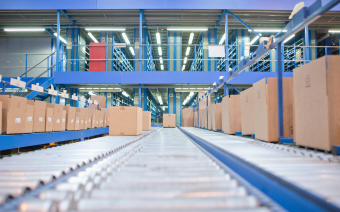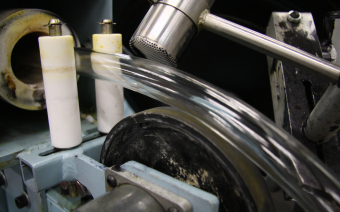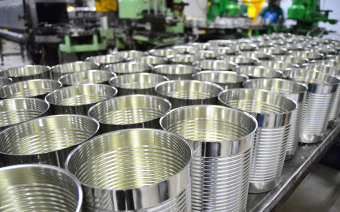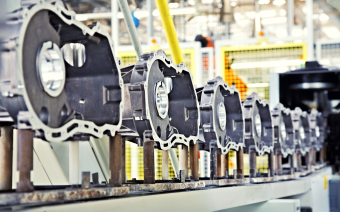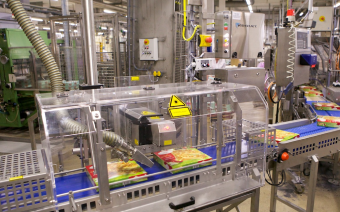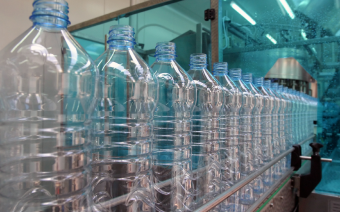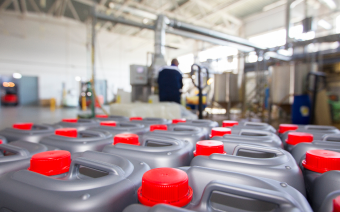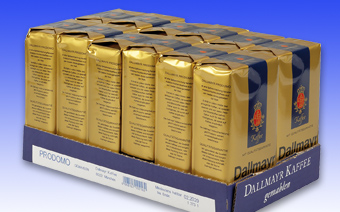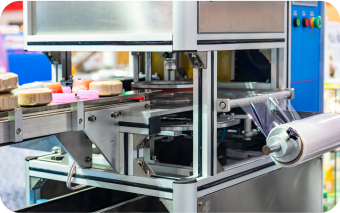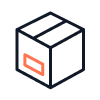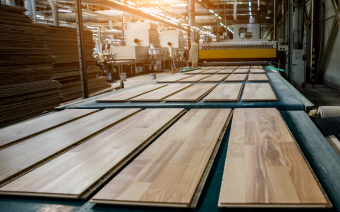Printing, Marking, Coding, and Labeling on Nearly Any Package Type or Material
With endless product and package shapes, sizes, materials, and production environments, how do you choose the right coding equipment?
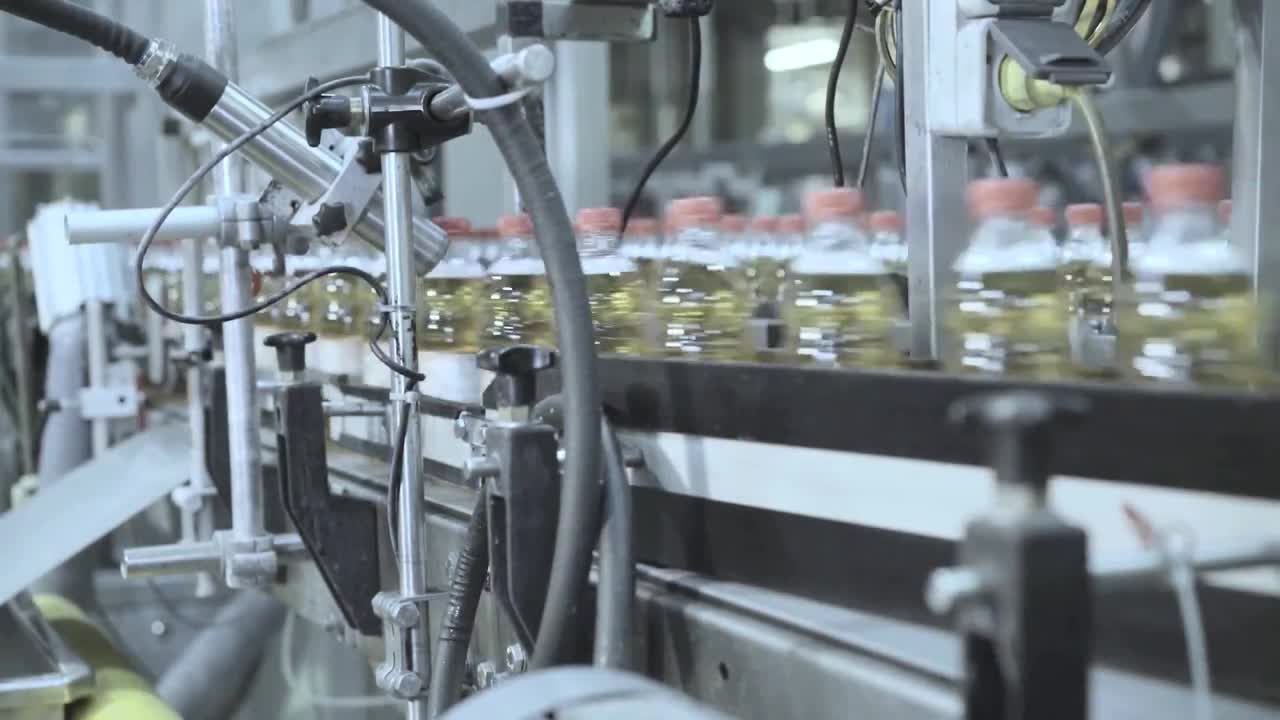
Coding and marking applications start with packaging substrates
Coding and marking applications play a crucial role in a wide range of production operations, facilitating the identification, tracking, and communication of essential information on various materials and products. Whether it’s helping to ensure product traceability, adhering to regulatory requirements, enhancing branding, or providing essential data for consumers, these applications are a fundamental aspect of modern manufacturing, packaging, and distribution processes. From traditional materials like paperboard and glass to cutting-edge solutions in flexible films and extrusions, each coding and marking method can be tailored to meet the unique needs of a specific substrate, making them an indispensable piece of equipment on the production line.
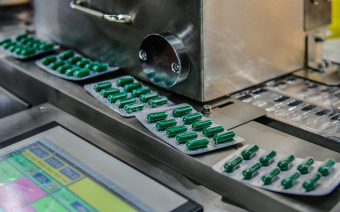


Direct food & medicine contact
Food and medicine to be consumed, or its packaging, that needs to adhere to additional safety regulations.
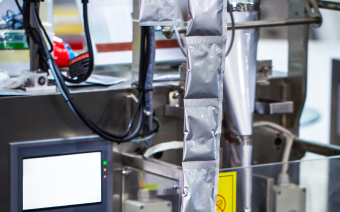




Includes shrink wrap, plastic bags and pouches, blister packs, foil lids, adhesive plastic or paper labels.
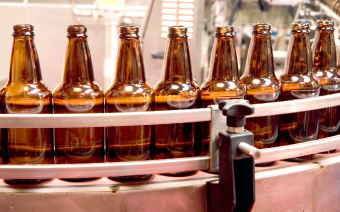


Can be containers such as beverage bottles or pharmaceutical vials, or parts such as glass panes, or other consumer goods.
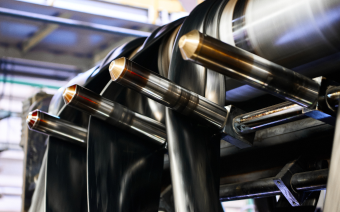


Automotive and aerospace parts such as tires, gaskets, conveyor belts, and rubber seals. Also consumer parts.

